Is your refrigerator struggling to maintain its temperature in a cold garage? Frustrated by food spoilage and a freezer that fails to freeze?
In this blog post, we’ll explore the ultimate solution to your refrigeration woes in a cold garage.
With reliable cooling, your perishables and freezer items will remain fresh and frozen regardless of the weather.
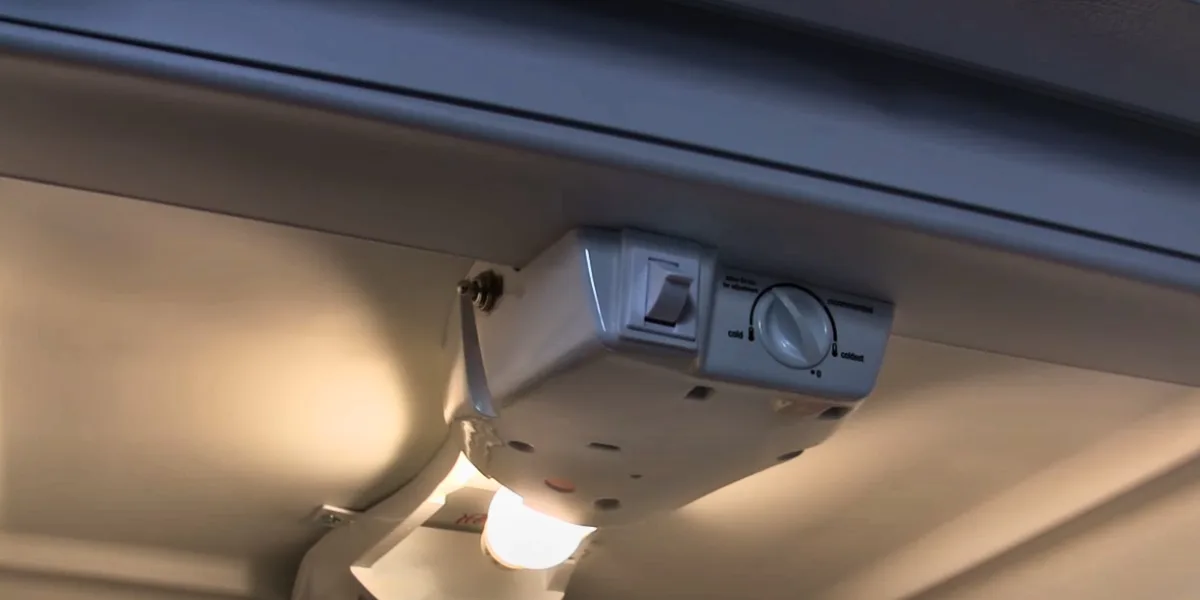
The Challenge: Refrigerator in a Cold Garage
Having a refrigerator in a cold garage can present some challenges due to the low temperatures. Here are a few factors to consider and some potential solutions:
Temperature fluctuations:
In garages, temperatures can vary significantly since they are not insulated. Cold temperatures can damage the refrigerator’s components and affect its performance.
The compressor may struggle to maintain the desired temperature in very cold climates.
Solution:
You can invest in a garage refrigerator kit or a refrigerator temperature control device.
A thermostat monitors the temperature and adjusts the power supply to the fridge accordingly.
This helps prevent the refrigerator from working too hard in cold conditions.
For extra protection against extreme temperatures, place insulation around the refrigerator.
Freezing food and liquids:
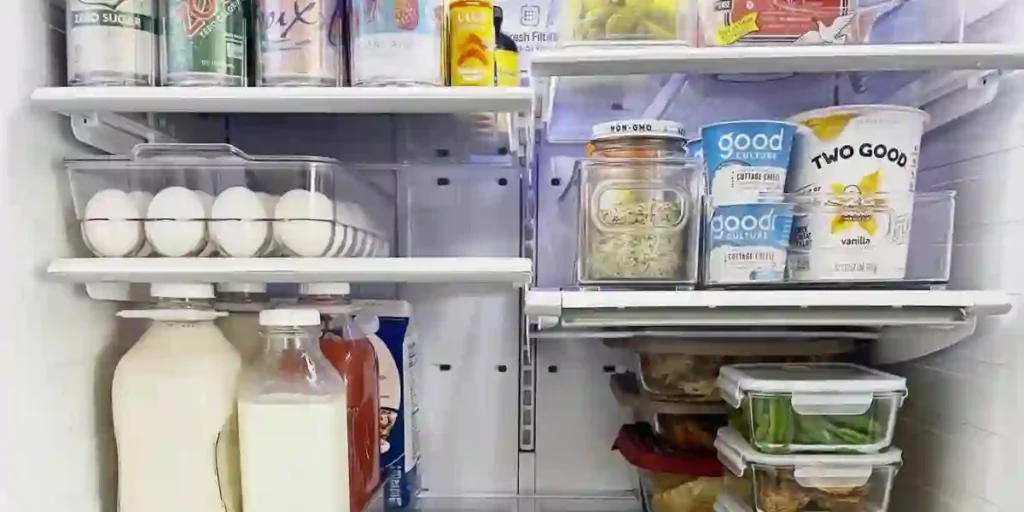
The refrigerator’s internal temperature may drop below the desired level if the garage is too cold.
This can affect the quality and safety of certain items, such as fresh produce and beverages.
Solution:
Monitor the temperature inside the refrigerator regularly and adjust the settings accordingly.
If the garage is cold, some refrigerators have temperature controls that can be adjusted.
Temperatures should remain within a safe range when using a refrigerator thermometer.
Condensation and moisture:
Moisture can build up in the refrigerator when warm air from the garage hits cold surfaces. This can lead to mold growth and other issues.
Solution:
Seal any gaps or cracks in garage walls or doors to protect the refrigerator. Avoid opening the refrigerator door frequently to minimize warm air influx.
You can use desiccant packs or moisture absorbers inside the fridge to help manage excess moisture.
Energy efficiency:
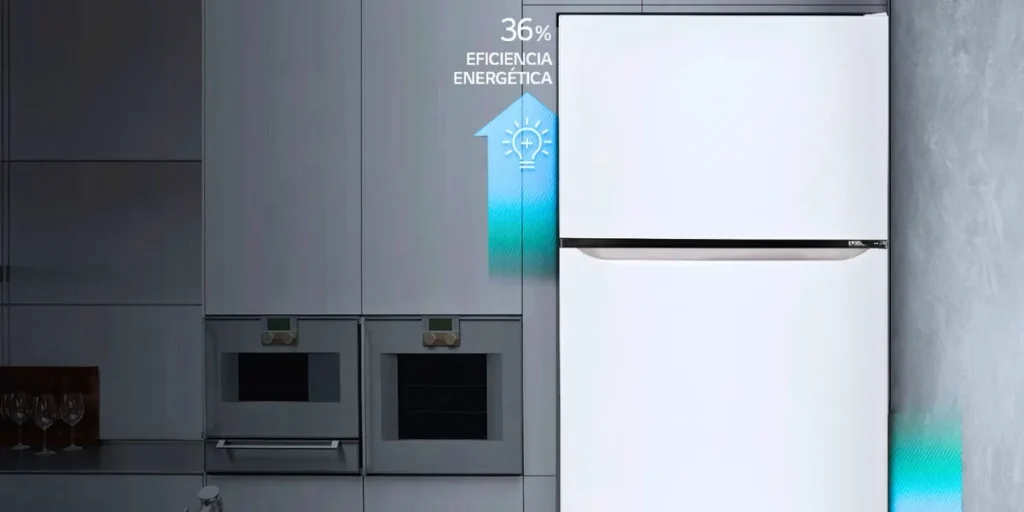
In colder environments, the refrigerator may require less energy to maintain its temperature. The refrigerator may consume more energy if the garage becomes too cold.
Solution:
Consider using an energy-efficient refrigerator model with good insulation properties.
Modern refrigerators can handle a broader range of temperatures, including cold. Look for Energy Star-rated appliances that are optimized for energy efficiency.
Risks and Problems of Keeping a Refrigerator in a Cold Garage
Keeping a refrigerator in a cold garage can pose several risks and problems that you should be aware of:
Reduced efficiency:
Refrigerators are designed to operate within specific temperature ranges. If the garage temperature drops too low, the refrigerator may have trouble maintaining its temperature.
Compressors can have trouble cycling on and off properly, resulting in increased energy consumption.
Freezing of food and beverages:
The refrigerator may freeze food and beverages if the garage gets too cold. This can result in the spoilage of certain items, affecting their taste, texture, and overall quality.
Temperature fluctuations:
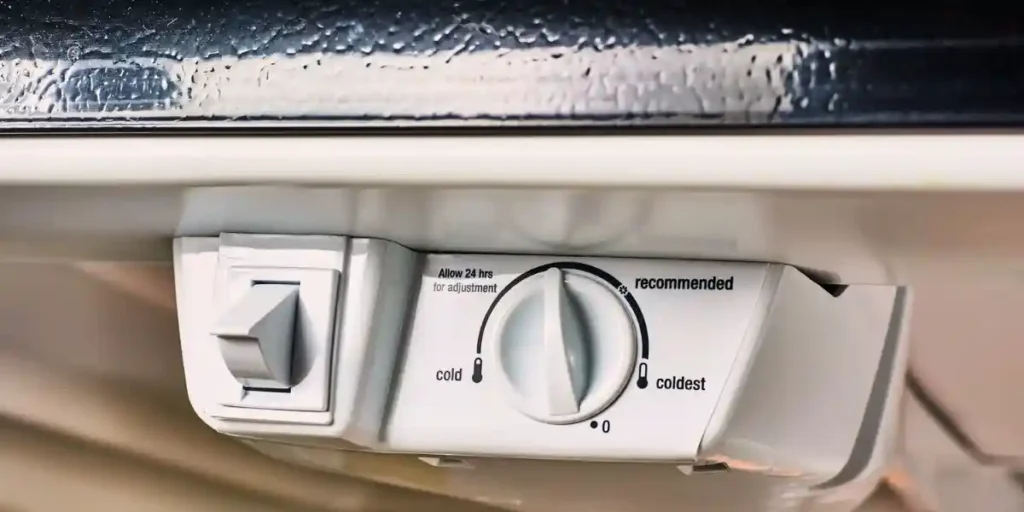
Temperature fluctuations are common in garages, especially in extreme climates. These fluctuations can affect the refrigerator’s performance and lead to inconsistent cooling.
When it’s warmer, the refrigerator may work harder, but when it’s cold, it may struggle.
Condensation and moisture issues:
The refrigerator can develop condensation when warm, humid air enters the garage.
Over time, this can lead to moisture buildup, mold growth, and refrigerator component damage.
Increased energy consumption:
Refrigerators consume more energy when temperatures are extremely cold. Thus, the appliance runs more frequently or for longer periods of time, increasing energy consumption.
Warranty concerns:
Refrigerator manufacturers specify the recommended operating temperature range. If you keep the refrigerator in conditions outside of this range, it may void the warranty.
For specific model implications, consult the manufacturer’s guidelines or contact them directly.
Tips for Properly Maintaining a Refrigerator in a Cold Garage
It is important to maintain a refrigerator properly in a cold garage. Here are some tips to help you maintain your refrigerator in a cold garage:
Check the manufacturer’s guidelines:
You can read the manufacturer’s manual or consult their website for specific instructions or restrictions.
Information on acceptable temperature ranges and additional precautions will be valuable.
Use a garage refrigerator kit:
Consider a garage refrigerator kit or a refrigerator temperature control device. These kits help regulate the power supply to the refrigerator based on the ambient temperature.
Ensure it doesn’t overwork in extremely cold conditions. Temperature is monitored and power is adjusted accordingly to maintain optimal performance.
Insulate the refrigerator:
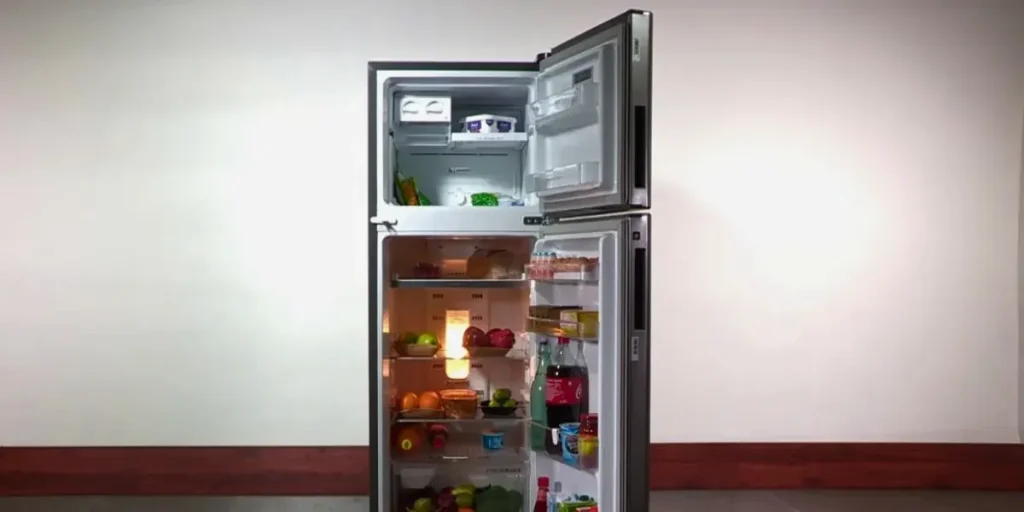
Insulating the refrigerator can help minimize the impact of extreme temperatures. Make sure the refrigerator is protected from the cold garage air by placing insulation around it.
Seal any gaps or cracks in the garage walls or door to prevent warm air from entering.
Monitor and adjust temperature settings:
Regularly check the internal temperature of the refrigerator using a reliable thermometer. Ensure that the temperature remains within the recommended range.
If necessary, adjust the temperature settings slightly higher to compensate for the cold garage. Be cautious not to set the temperature too high, as it can affect food safety.
Avoid frequent door openings:
Prevent warm air from entering and cold air from escaping by limiting refrigerator door openings.
Plan ahead and retrieve all the items you need in one go. Make sure the refrigerator’s door seal is in good condition and doesn’t have any leaks or gaps.
Clean and maintain the refrigerator regularly:
Keep your refrigerator clean, both inside and outside, to prevent dirt, dust, and debris from affecting it.
Pay attention to the condenser coils, located either at the back or underneath the refrigerator.
Clean them periodically to ensure efficient heat exchange. Refer to the manufacturer’s instructions for proper cleaning techniques.
Check for signs of condensation and moisture:
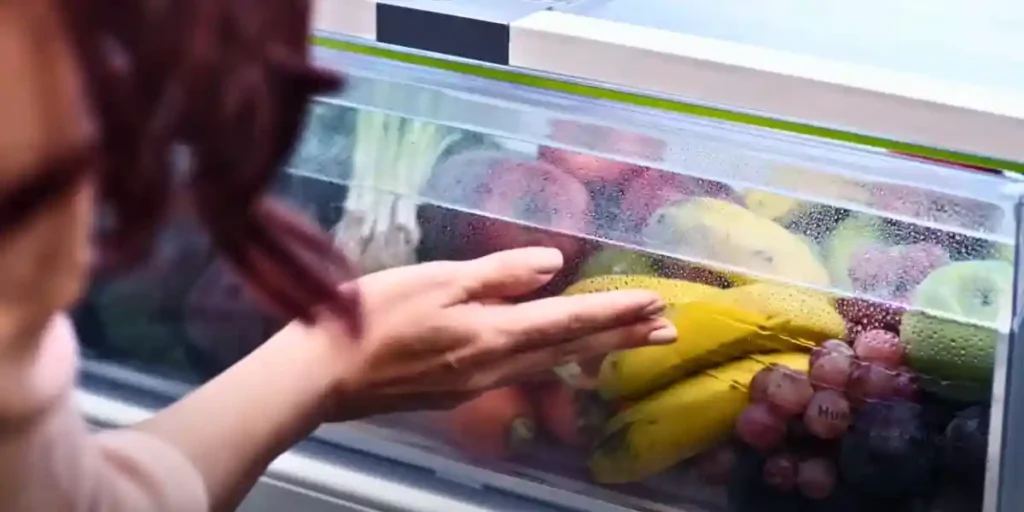
Keep an eye out for condensation or moisture buildup inside the refrigerator. Use moisture absorbers or desiccant packs to manage excessive moisture and mold growth.
Wipe down any condensation to prevent it from pooling and potentially causing damage.
Consider an energy-efficient model:
When purchasing a new refrigerator for your garage, consider choosing an energy-efficient model.
Choose Energy Star-rated appliances that perform well in a wide range of temperatures.
These models are better equipped to handle the challenges of cold garage environments.
Frequently Asked Questions about Refrigerators in Cold Garages
Will Extreme Cold Temperatures Damage My Refrigerator?
An extremely cold temperature can lower the efficiency of a refrigerator and cause longer cooling cycles. It is unlikely to cause permanent damage to the appliance.
How Do I Ensure My Refrigerator Works Efficiently In A Cold Garage?
Refrigerators should be placed away from direct freezing temperatures for optimal efficiency.
Placing it against an interior wall, away from drafty areas, can help maintain a more stable environment.
What Temperature Range Is Suitable For A Refrigerator In A Cold Garage?
In a cold garage, refrigerators should be kept between 32°F (0°C) and 100°F (38°C). Operating within this range helps prevent issues related to extreme cold or excessive heat.
Should I Adjust The Refrigerator’s Temperature Settings For A Cold Garage?
Refrigerators should be adjusted according to manufacturer guidelines for colder environments.
Low-temperature refrigerator settings and modes ensure proper functioning and efficiency.
What Precautions Should I Take During Freezing Temperatures?
During freezing temperatures, it is important to monitor your refrigerator’s performance regularly. Check for any unusual behavior, such as longer defrost cycles or inconsistent cooling.
Make sure any moisture that accumulates on the appliance is wiped off, as it can result in frost buildup.
Can A Garage Refrigerator Kit Help Regulate The Temperature In A Cold Garage?
Yes, a garage refrigerator kit can be beneficial in regulating the temperature of your refrigerator in a cold garage. These kits often include additional insulation and a heating element.
They prevent extreme colds from affecting the performance of the appliance.
Conclusion
Make sure your refrigerator is kept away from freezing temperatures in a cold garage. Protect it from condensation and prevent water lines from freezing during freezing temperatures.
Consider a garage refrigerator kit for added temperature regulation. Optimize your refrigerator’s performance and enjoy worry-free storage in your cold garage.

